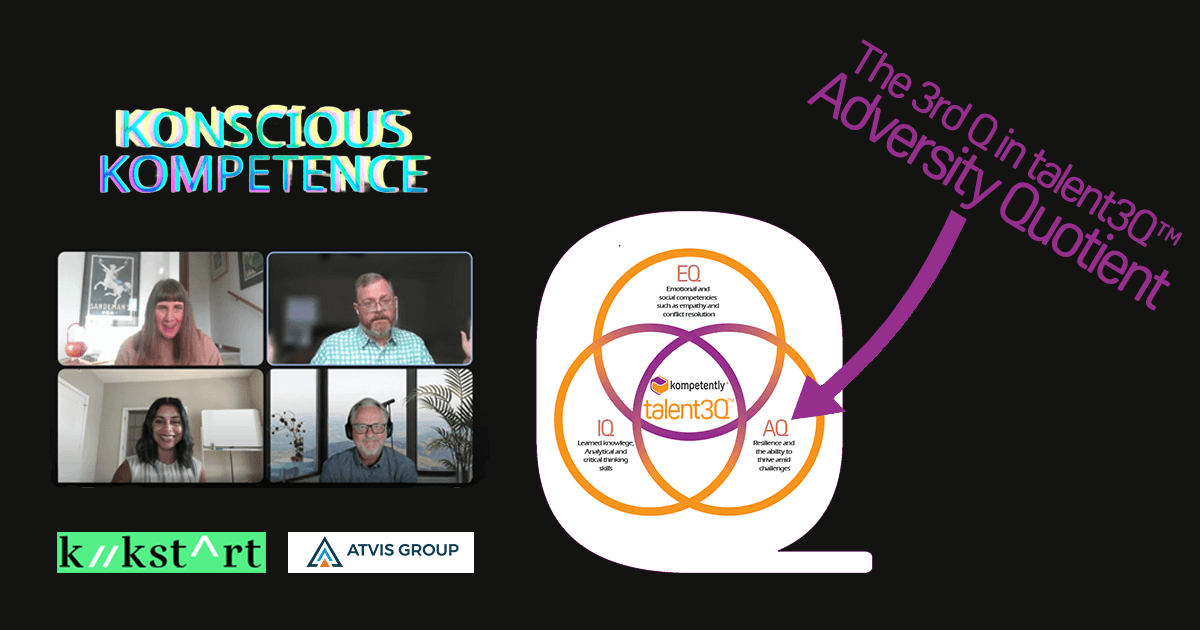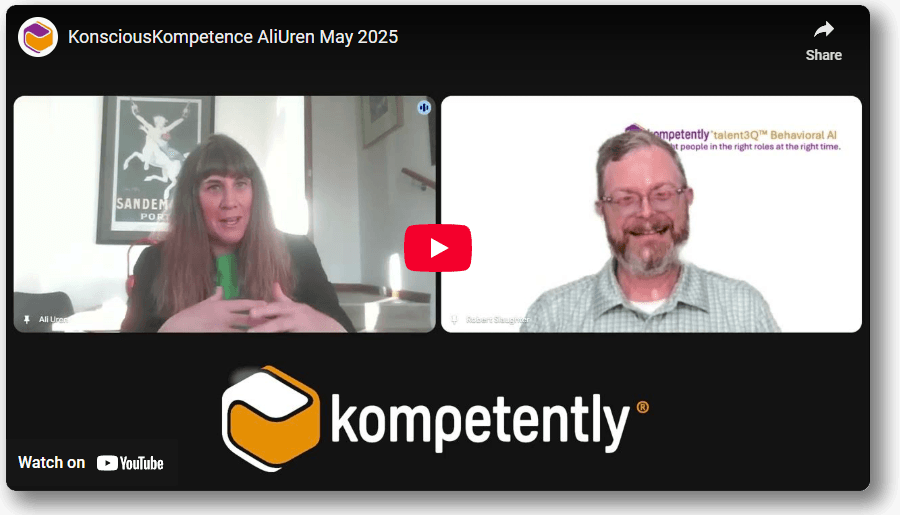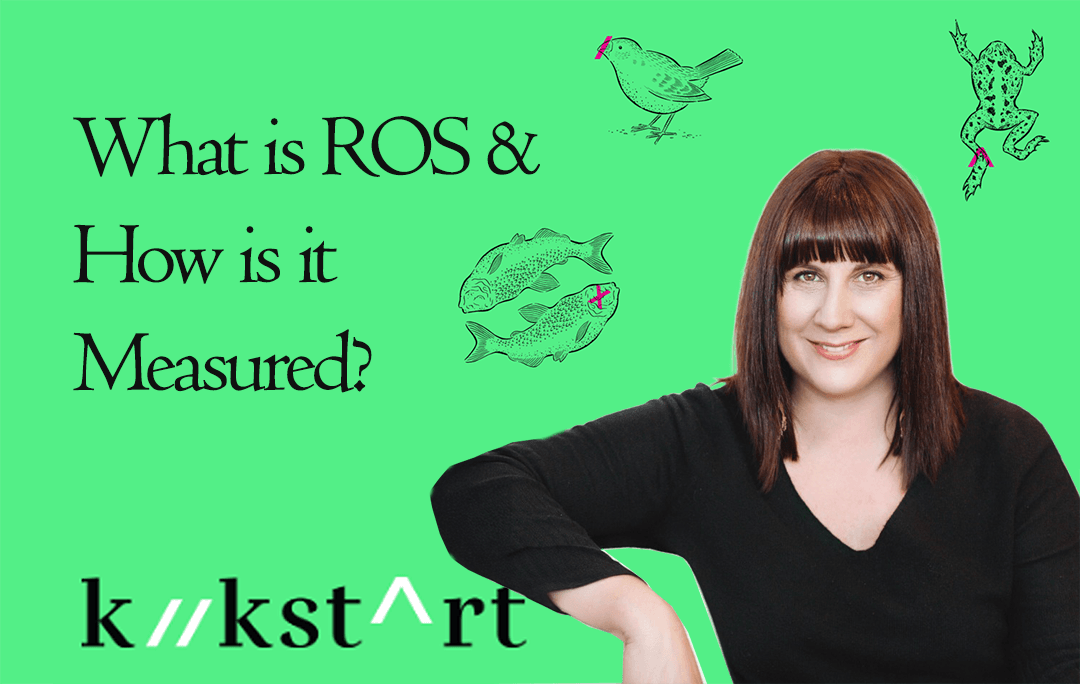Konscious Kompetence Podcast
Interview - Story behind the Story
Unlocking the True Value of Skill Development
Want to learn more about ROS? Read Ali’s blog post!
The Pitfalls of Traditional Learning Metrics
Why Conventional Measurement Methods Fall Short
Traditional learning metrics like attendance and completion rates often fail to capture the true impact of skill development. These superficial indicators may provide a sense of progress, but they overlook the deeper, more meaningful changes in behavior and performance that drive real value. By focusing solely on outcomes, organizations miss the opportunity to understand how learning influences employee engagement, innovation, and overall effectiveness. It’s time to shift our perspective and embrace a more holistic approach to measuring learning.
Introducing the Return on Skills Framework
The Return on Skills (ROS) framework offers a revolutionary way to evaluate skill development by combining technical outcomes with human impacts. Unlike traditional metrics, ROS assesses how newly acquired skills are applied in the workplace, influencing leadership, communication, and problem-solving abilities. This dual-lens approach not only measures the immediate benefits of learning but also tracks long-term changes in organizational culture and performance. By adopting ROS, companies can ensure that their investment in learning leads to sustainable growth and competitive advantage.
Current Learning Metrics
The Limitations of Traditional Measurements
In the realm of learning and development, organizations often rely on metrics that are easy to quantify but lack depth. Commonly used indicators like completion rates, attendance figures, and satisfaction surveys provide a surface-level view of learning initiatives. However, these metrics fail to capture the true essence of skill application and development. They focus on participation rather than transformation, leaving a gap in understanding the real impact of learning on performance and growth.
While these metrics are convenient, they don’t necessarily reflect whether the skills acquired are being effectively applied in the workplace. This oversight can lead to a false sense of achievement, where the quantity of learning is prioritized over the quality of its application. As a result, organizations may miss out on the deeper insights needed to drive meaningful change and development.
Beyond Numbers: Seeking Real Value
Outcomes vs. Impacts
Understanding the True Value of Learning
In the pursuit of effective learning, distinguishing between outcomes and impacts is crucial. Outcomes are the tangible results, such as completing a course or passing a test. They are straightforward to measure but often fail to convey the full story. Impacts, on the other hand, delve into the qualitative changes that occur as a result of learning. They encompass shifts in behavior, mindset, and collaboration that truly define success.
The ROS Framework
From Transactional to Transformational Learning
The Return on Skills (ROS) framework represents a paradigm shift in how organizations approach learning and development. Moving beyond transactional metrics, ROS emphasizes the importance of meaningful skill application. It encourages organizations to assess not just whether skills are learned, but how they are utilized in real-world scenarios. This approach fosters a deeper understanding of the human impacts of learning, such as enhanced leadership, improved communication, and innovative problem-solving.
By focusing on both technical outcomes and human impacts, ROS provides a comprehensive view of learning’s true value. It challenges organizations to rethink their strategies, prioritizing long-term development over short-term achievements. This shift not only enhances individual growth but also drives organizational success, creating a culture where learning is integrated into the fabric of everyday work.
Transform Your Learning Metrics
It’s time to revolutionize how we measure learning. Move beyond traditional metrics and embrace the Return on Skills framework. See the real impact of skill development in your organization. Ready to make a change? Explore how ROS can redefine success for your team.





